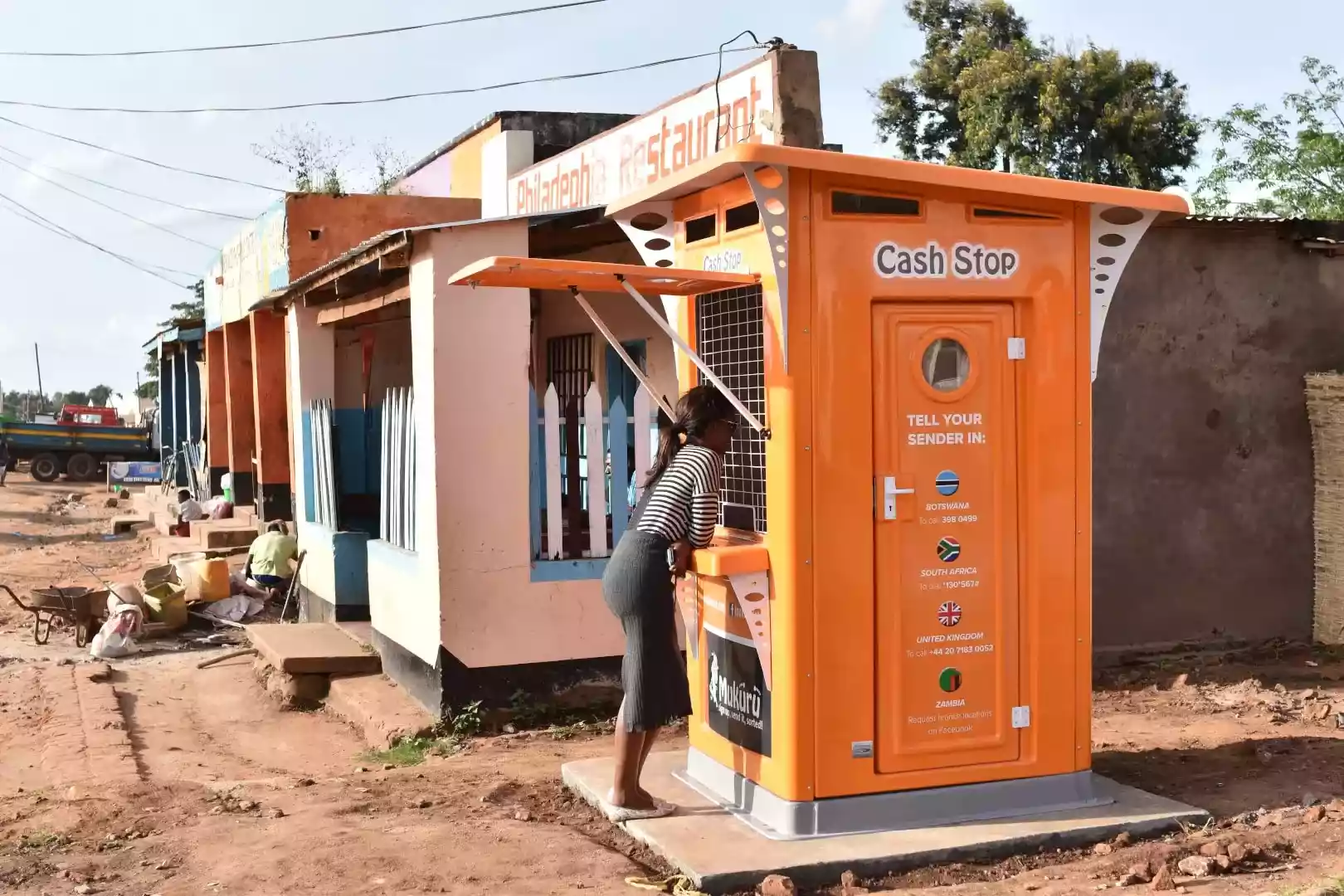
DIASPORA remittances reached US$16,3 billion in the past 10 years as more Zimbabweans based out of the country send money back home to support families.
Over three million Zimbabweans are living outside the country with most of them fleeing the deteriorating economic environment.
In his presentation on the state of social services and poverty eradication in Zimbabwe, Public Service, Labour and Social Welfare minister July Moyo said government had made strides towards the provision of social protection for citizens.
He said this had been achieved through policy and programme interventions aimed at reducing poverty, assisting vulnerable populations and fostering economic growth and stability.
Moyo, however, said Zimbabwe, like any other country, was experiencing labour migration.
“Among various countries of destinations, it is estimated that three million Zimbabweans are in South Africa, 400 000 in the United Kingdom, 200 000 in Botswana and 20 000 in Australia.
“Government acknowledges the critical role of the diaspora community in reducing poverty, supporting entrepreneurship and driving economic growth in the country through remittances. Remittances have contributed a considerable portion of foreign currency receipts, totalling US$16,3 billion between 2015 and 2023,” he said.
Moyo said the main source countries for remittances to Zimbabwe include South Africa with the highest contributions at 47%, the UK (23), the US (11%) adding that other notable sources were Australia (6%), Botswana (4%) and Canada (3%).
- Mr President, you missed the opportunity to be the veritable voice of conscience
- ED to commission new-look border post
- Zanu PF ready for congress
- EU slams Zim over delayed reforms
Keep Reading
The minister said the sanctions imposed on Zimbabwe have led to economic constriction resulting in the shrinkage of the formal sector.
“Consequently, a number of formal establishments have transitioned to the micro, small and medium enterprises and efforts to expand social security coverage have focused on developing a customised social security scheme.
“These enterprises have employed a significant number of workers thereby contributing to SDG 8 on decent work and economic growth as well as SDG 1 on no poverty.”
Moyo said government, through labour market institutions and workplace inspection services, has identified violations of labour laws across all sectors of the economy.
“These violations include but are not limited to health and safety rules, personal protective equipment and wages not complying with collective bargaining agreements,” he said.
He said a Responsible Mining Audit launched by President Emmerson Mnangagwa had uncovered more than 400 violations in the sector.
“There is a need, therefore, for all of us to be vigilant and work together to bring an end to these violations using the Whole of Government and Whole of Society approach,” Moyo said.
Zimbabwe, according to Moyo, has a strong social protection which assures the provision of goods and services to society adding that to attain Vision 2030 there was need to uplift material standard of life for the poor through social safety nets, employment promotion and creating, decent work and sustainable livelihoods.
“Our efforts are anchored on advancing our collaboration with the private sector, development partners, civil society organisations, persons with disabilities, children, youth and women and communities.
“Delayed disbursement of resources by Treasury and inadequate budgets lead to a high number of targeted programme beneficiaries not receiving assistance and government accruing arrears back dating to 2023,” he said.
Moyo also called on the Treasury to disburse adequate funds in a timely manner to ensure that social protection is predictable, reliable and efficient.










